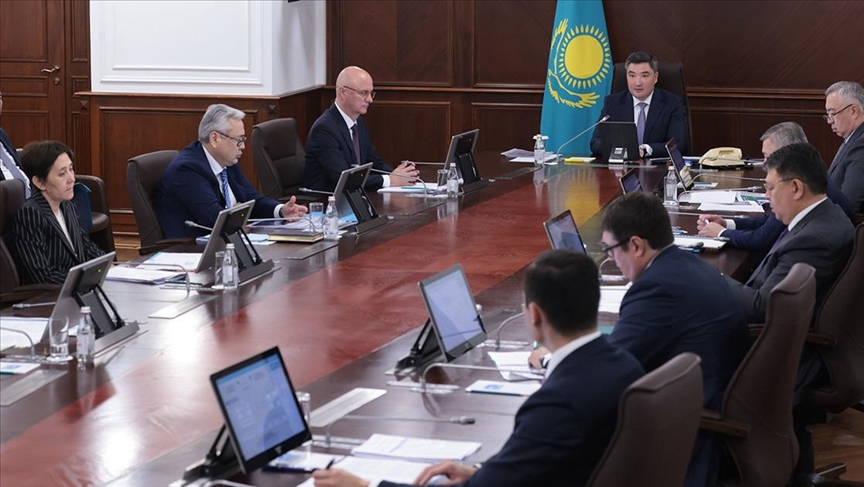
Kazakhstan has approved a 5-year government plan for the development of artificial intelligence
Kazakhstan has approved a 5-year government plan for the development of artificial intelligence
"The Government of Kazakhstan has adopted the 'Concept of Artificial Intelligence Development' for the period 2024-2029."
The program, recognized as a 'strategic document,' aims to increase the use of artificial intelligence technologies across various sectors of the country's economy. It will particularly expand the use of artificial intelligence in public administration, oil and gas, mining, energy, transport, logistics, water supply, and agriculture.
In addition, as part of research on infrastructure development in this area, it is planned to create a supercomputer in the country, create a national artificial intelligence platform with data processing centers and develop fiber-optic communication networks, as well as organize a number of training programs to increase human capital.
In his speech, Kazakh Prime Minister Oljas Bektenov noted that the use of artificial intelligence in the world can create an additional economic effect of 70 percent by 2030 and that many routine tasks will be automated thanks to artificial intelligence.
Noting that with the help of the new program, they aim to increase the number of products produced in the country using artificial intelligence by 5 times by 2029, Bektenov said that they need qualified specialists in the field of artificial intelligence, therefore, authorized ministries were instructed to increase the number of programming schools in the regions with a quota for students who will be trained in this area.
5 million people will be trained in artificial intelligence
Minister of Digital Development, Innovation and Space Industry of Kazakhstan Jaslan Madiyev also said that within the framework of the "Concept of Artificial Intelligence development for 2024-2029", the country aims to create an ecosystem of artificial intelligence.
Stating that the concept consists of 6 main areas such as data, infrastructure, human capital, scientific research, regulatory environment and acceleration programs, Madiyev said: "By 2029, we plan to train 5 million people in the country in artificial intelligence skills, train 500 thousand industry experts and increase the export of information technology to 5 billion dollars."